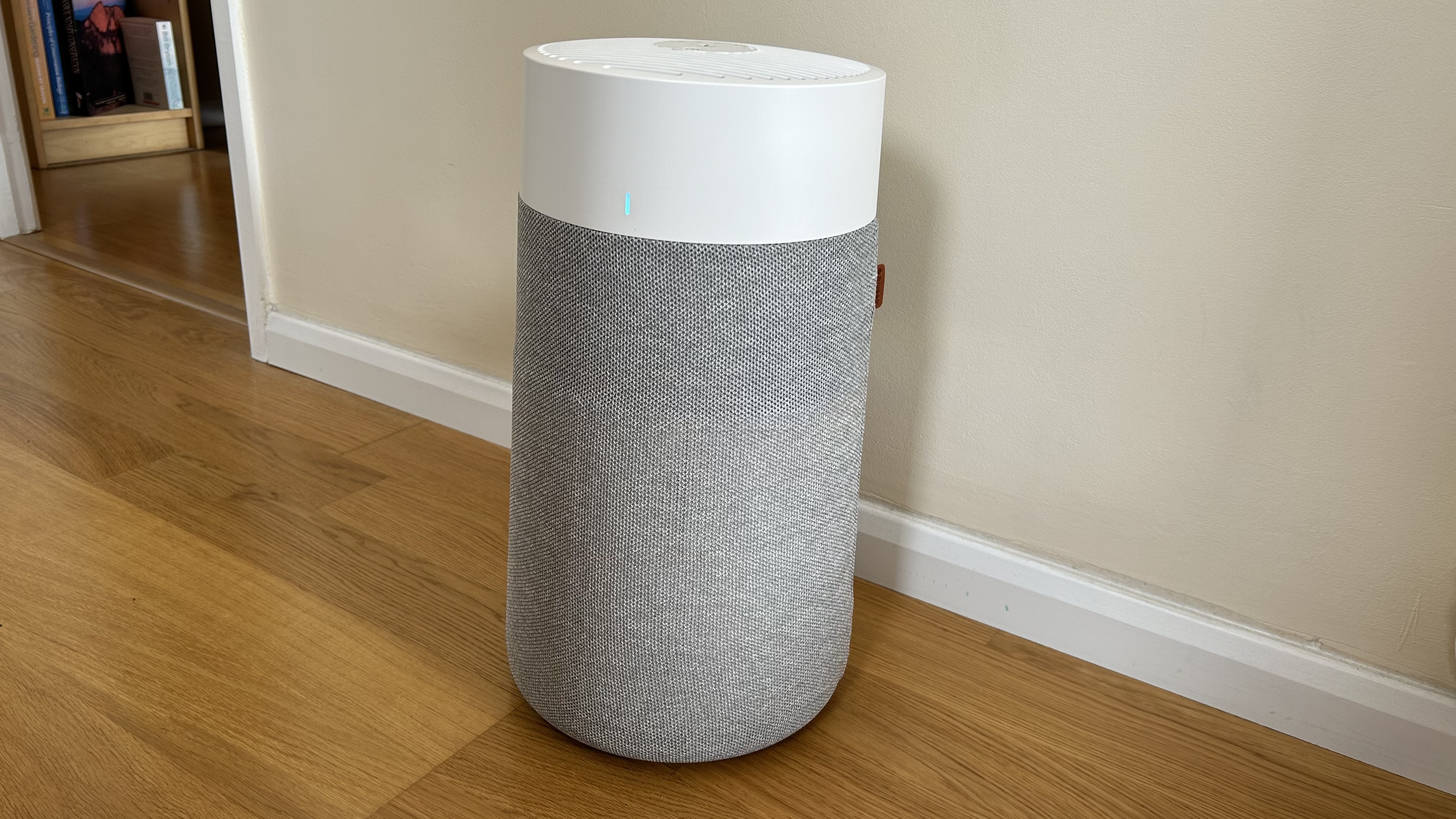
There are many reasons why the air in your home might not be as clean as you think, from the furniture in your living room to the food you’re cooking in your kitchen. While using the best air purifier can help catch and kill pollutants to improve your indoor air quality, there are still some hidden and unusual sources that can cause air pollution in your home.
To find out more, I spoke to experts at Blueair, the UK’s most awarded air purifier brand, who revealed five surprising things in the home that could be compromising your indoor air quality.
1. Houseplants
Houseplants are often introduced to the home to add some greenery, while releasing oxygen and purifying the air. But if you’re not looking after them correctly, they can affect your air quality. “Over watering houseplants can lead to mould growth, which releases spores into the air, potentially causing respiratory issues. Additionally, the soil can harbour allergens and bacteria,” Blueair says. “It’s crucial to manage plant care meticulously and consider the placement of plants in well-ventilated areas.” See 5 things you should know before adding houseplants to your bedroom for more details.
2. Parcels
Most households get weekly – if not daily – deliveries but what most people overlook is that parcels can carry particles that impact your indoor air pollution. This is mainly due to the packaging materials as well as the environment it's been in before it arrives at your door. For example, plastic and cardboard packaging materials “can release microplastics and volatile organic compounds (VOCs), particularly if they’ve been stored or transported in polluted conditions,” says Blueair. Parcels can also collect dust and contaminants in warehouses and cars, so before you rip open your parcel, be sure to open a window or switch on your purifier first.

3. Cleaning products
Yes, you read that right. Cleaning products and air fresheners can be significant sources of indoor air pollution. Blueair explains that while they may leave your home smelling great, these products can release harmful chemicals which “can compromise the air quality over time. Opting for natural or eco-friendly cleaning products and reducing the use of artificial air fresheners can significantly improve indoor air quality.”
4. Candles
I think I might be the most gutted by this one, as I love candles and often have one burning every evening. But as candles burn and let out a lot of smoke, they can affect the air quality while particularly strong smelling candles can overwhelm the senses and leave the room feeling stuff. Blueair suggests “opting for candles made from natural ingredients such as soy that are better for the environment and better for you. It’s also a good idea to keep your wick trimmed on any candles you are burning, not only because it makes your candle burn more evenly but also because this is where a lot of the smoke originates.”
5. Your hobbies – no, really
What you do in your home can also have an effect on your air quality. Aside from working out indoors and cooking food, certain indoor activities and hobbies can release pollutants in the air. Blueair points out that “crafting activities that incorporate the use of resins, glues and adhesives can emit VOCs. The same can be said for using varnishes and chemicals for nail art, upcycling, sanding and restoring furniture.”
With these hobbies in mind, Blueair – who recently released the Blueair Blue Mini Max which we gave five stars in our review – says to focus on “creating a designated, well-ventilated space for these activities and using protective measures can help maintain better air quality throughout your home.”







